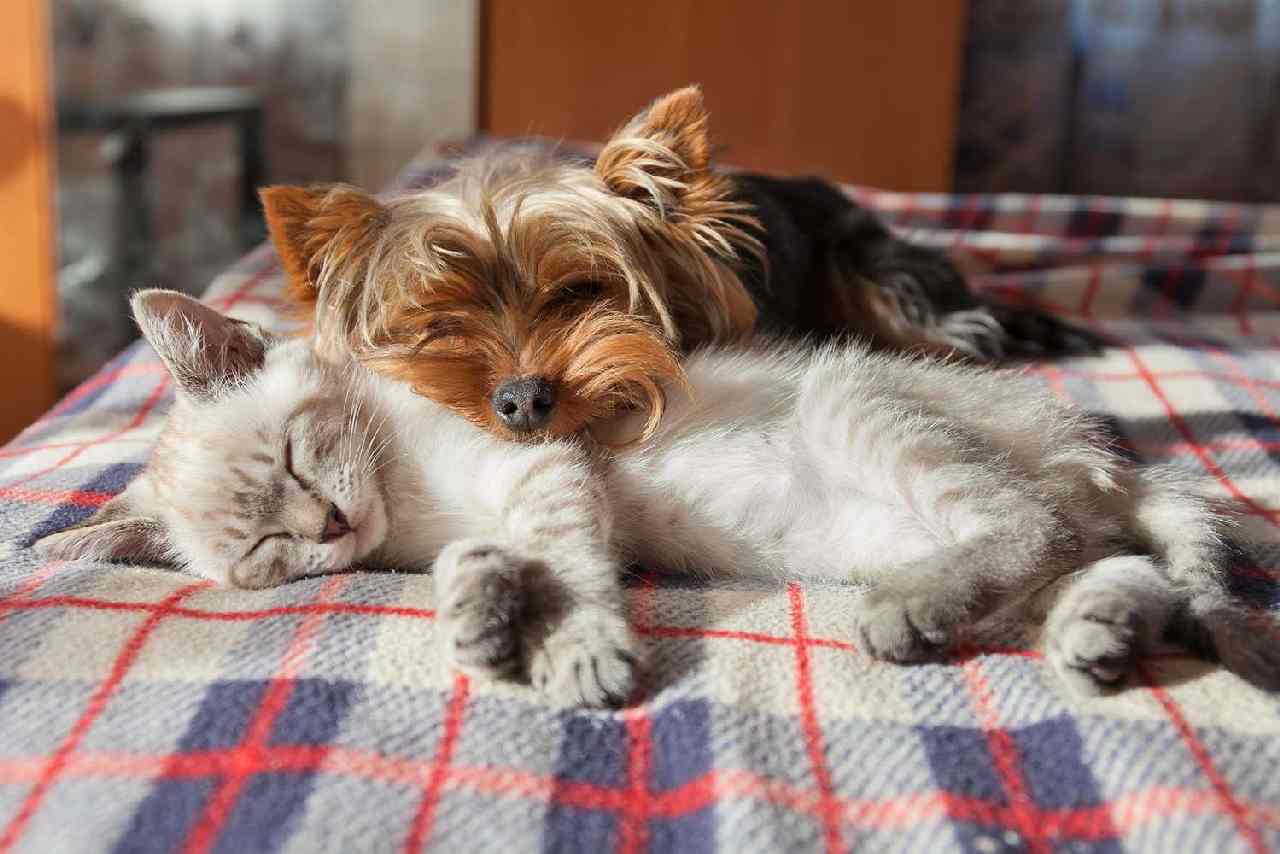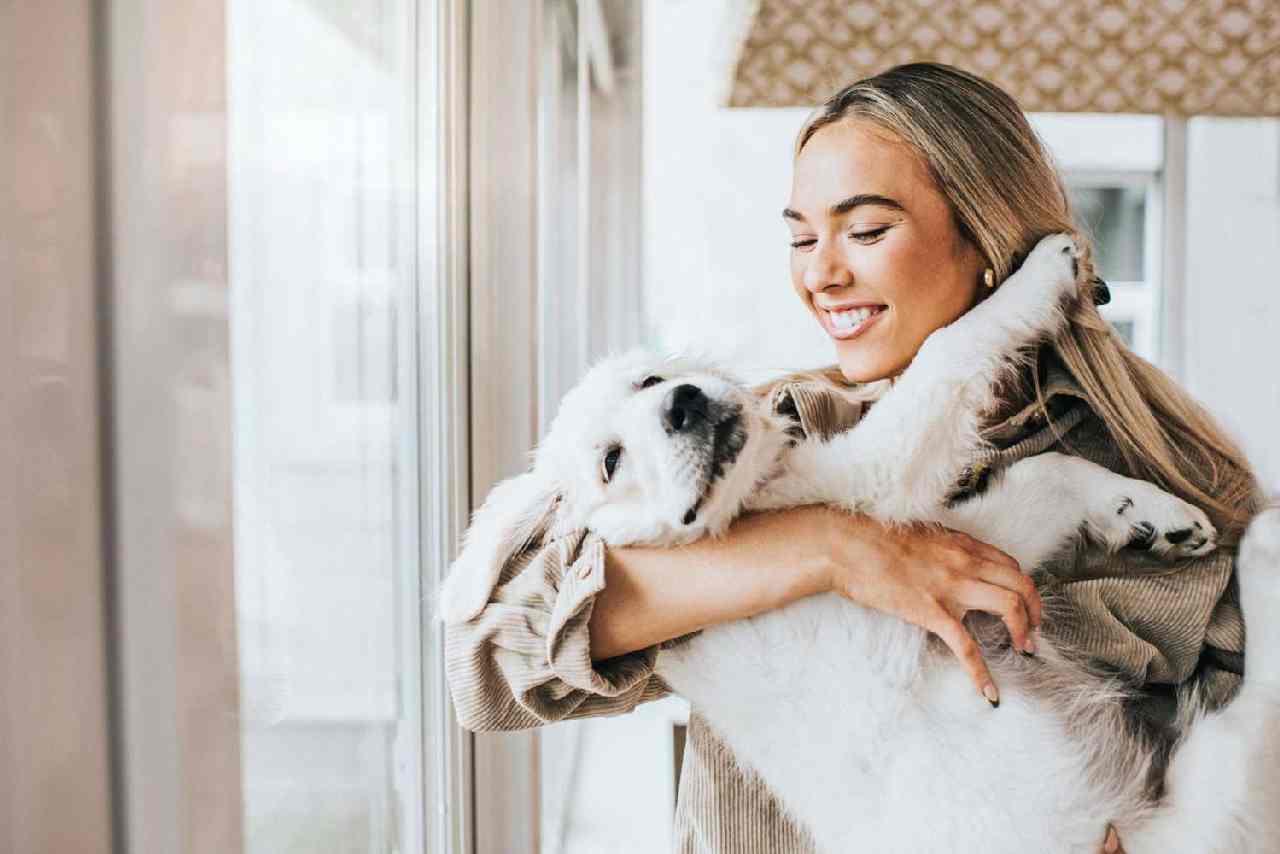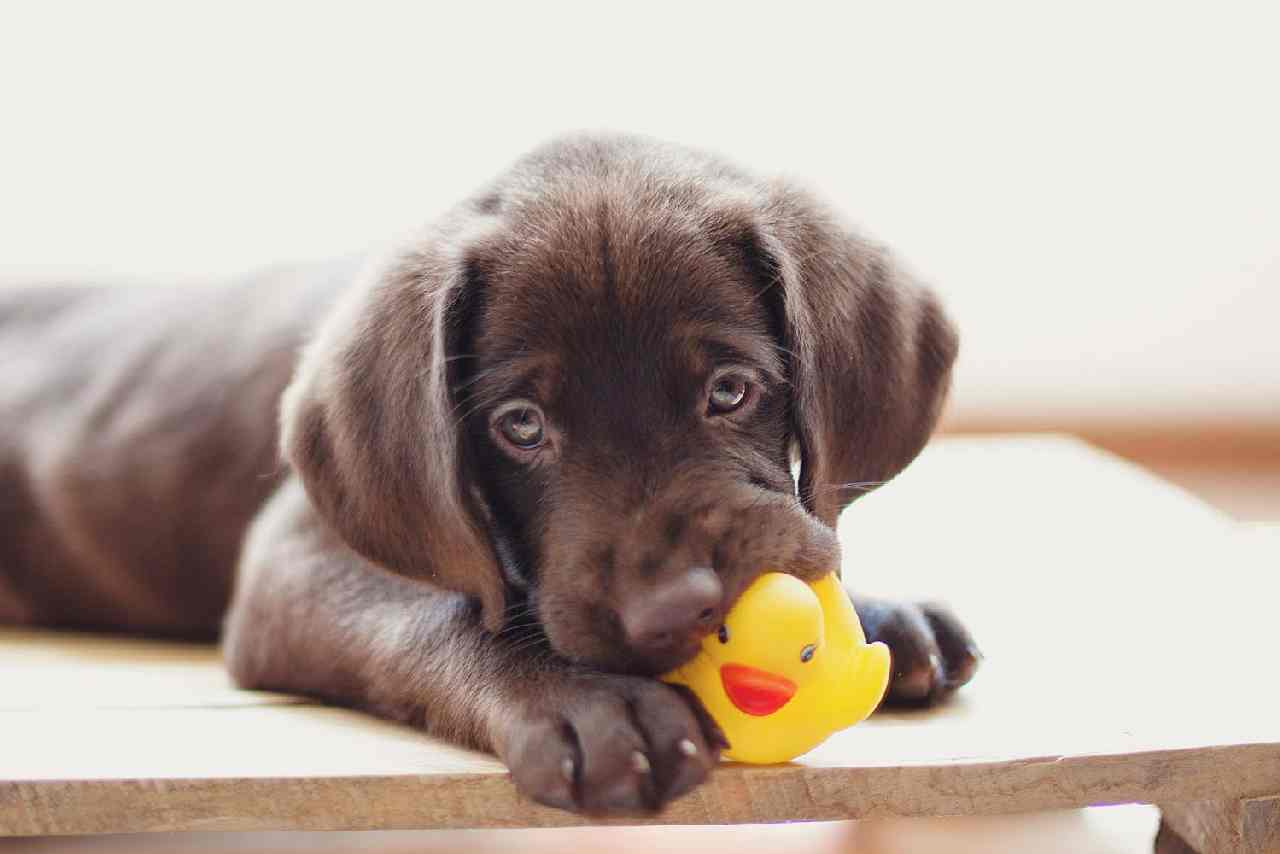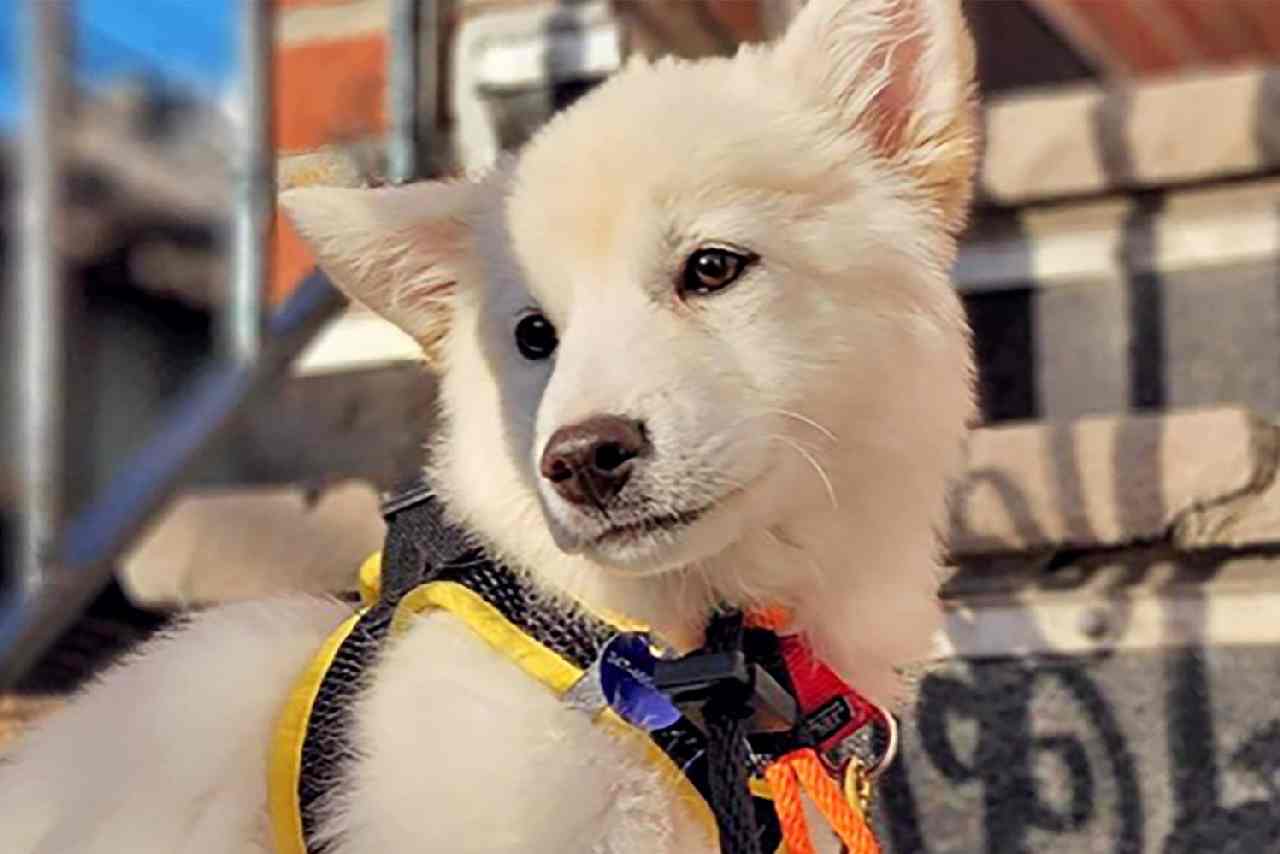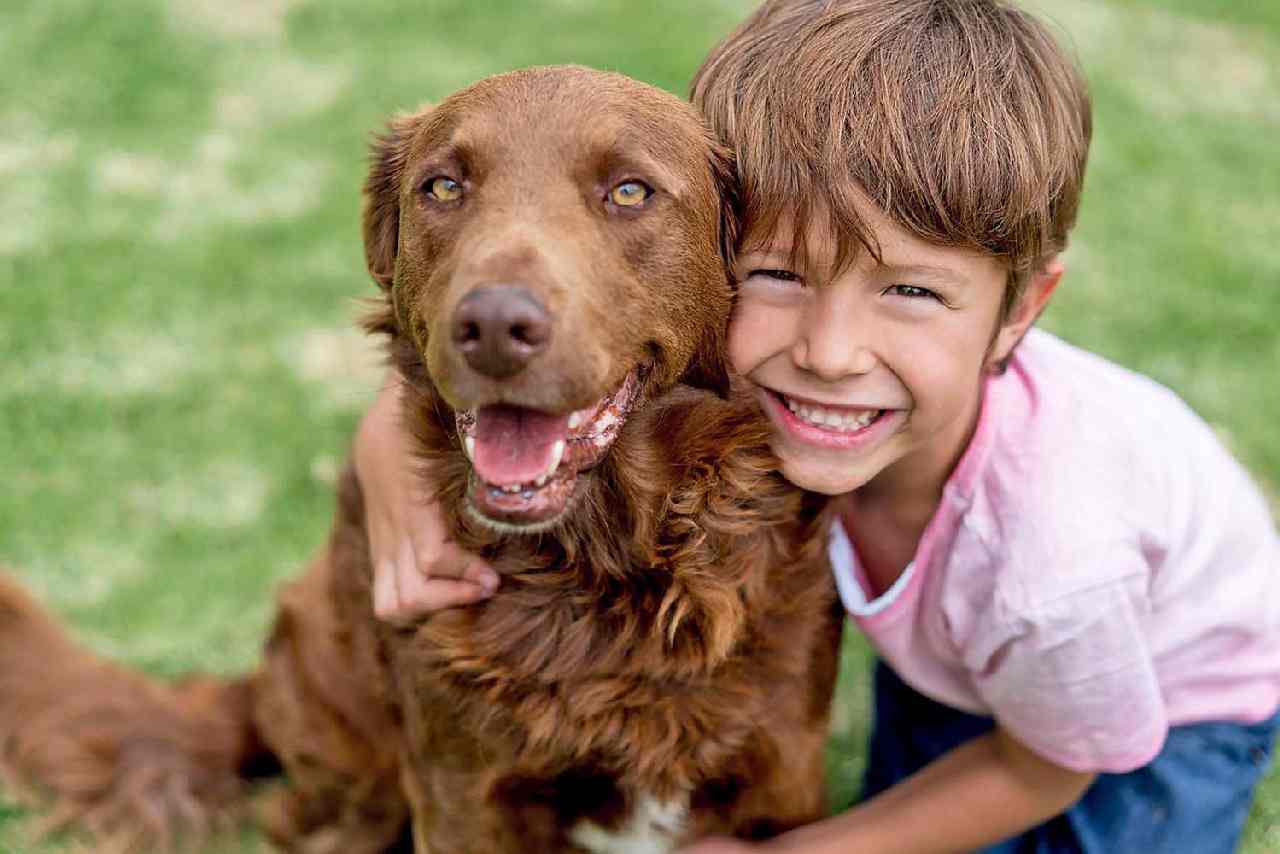They occupy one of the most storage room in our phone, bring us one of the most pleasure– and occasionally, great deals of fears. We like our pets, and we maintain a careful eye on them 24/7. So when you discover something brand-new, you might worry something is incorrect. Like, do canines and felines rest a lot more in the winter season? And do they really feel seasonal anxiety, like human beings? What should you do if they are capturing one a lot of Z’s? Thankfully, we talked with vets to recognize feline and canine winter season rest practices to provide you satisfaction.
Just How Much Rest Do Pets and Pet Cats Required?
According to Dr. Jeff Werber, DVM, an Emmy acclaimed vet and expert for Fi, the majority of grown-up canines rest anywhere from 8 to 14 hours a day. “While human beings just require 7 to 9 hours, the standard is 11 hours of rest for grown-up canines,” he clarifies. “On the other hand, young puppies and elderly canines will certainly invest anywhere from 18 to 20 hours a day resting.”.
Feline rest patterns are a little various than doggos. As Werber clarifies, felines invest about 70 percent of their lives asleep, and a lot of this is with different pet cat snoozes. In everyday numbers, this corresponds to 18 hours of resting each day for greater than 40 percent of felines.
Though dogs will certainly often tend to oversleep longer stretches, Werber claims felines will certainly experience several times a day where they will certainly be asleep in much shorter eruptions. “These pet cat snoozes balance an hour and a quarter in size varying anywhere from 15 to 100 mins,” he clarifies. Though human beings have a body clock where we rest during the night and remain awake throughout the day, canines usually match this pattern; felines are the contrary.
Werber claims cats are crepuscular, indicating they have 2 heights of task: One in the morning prior to daybreak and one at night prior to sundown, which suggests they’re usually up during the night. “This results from their aggressive nature– felines would certainly do a great deal of searching in the night and day, and morning and very early night is when they had a possibility to rest,” he includes.
Do Pets and Pet Cats Rest Much More in the Winter season?
Werber claims canines and felines are most likely to rest a little bit a lot more in the winter season. And the majority of this results from the very same type of factors human beings are much less energetic: they’re cool! “They’ll search for a relaxing covering to snuggle up with and a warmer location to rest. If they can not discover an exterior resource of heat, they may require to move to heat up,” he clarifies.
You may question if your puppy is created for freezing temperature levels– like a husky, a malamute or a Samoyed– do they still require a lot more rest? Kind of. As Werber places it, a pet dog’s layer works as a type of thermos, however they can still obtain cool, and a few of it will certainly pertain to their feet. “At the end of the day, this makes them intend to rest a lot more,” he includes.
Felines will certainly likewise capture even more Zzz’s for the very same factor, however likewise, traditionally, the winter indicated much less searching, so they begin to preserve their power a little, he keeps in mind.
Do Pet Cats Obtain Cold? Exactly how to Maintain Your Pet Cat Cozy This Winter Months.
Can Pets and Pet Cats Obtain Seasonal Clinical Depression or Winter Blues?
Simply put, certainly. Pets can expand troubled when they’re inside regularly than various other months. Nevertheless, throughout the summertime, you might leave the backdoor open for them to discover your fenced-in lawn openly. Or the warmer temperature levels make it a lot more comfy for them to do zoomies inside your home. Much less time going after rounds (or allow’s be genuine: squirrels) and taking place journeys can make them really feel some kind of seasonal anxiety.
Nevertheless, what’s more crucial than analyzing the moment of year is maintaining a pulse on regular changes. Remember, occasionally, your animal simply really feels much less invigorated, which’s alright. “Despite the fact that canines may rest fifty percent of their life, the staying half of the day isn’t all energetic. Pets commonly cool 20 to 30 percent of the day when they’re awake,” Werber claims.
The concern comes when canines can not be inspired to relocate whatsoever, that’s a signal that there might be an issue. As Werber claims, when you keep in mind that those patterns have actually altered, it may necessitate a comprehensive examination by your veterinarian.
Normally talking, canines’ everyday routine will certainly be rising in the early morning and later on resting of 3 to 4 hours. If you keep in mind a regular rise to 5 to 6 hours for the snooze, he advises consulting your pet dog’s vet. “Uneven rest patterns might be indicators of diabetic issues, hyperthyroidism, or cardiovascular disease in which they are not pumping sufficient oxygen supply to the mind,” he proceeds. “Joint inflammation can likewise boost rest as it makes it uncomfortable for animals to relocate.”.
For felines, hypothyroidism, a problem where the thyroid does not develop and launch adequate thyroid hormonal agent right into the blood stream, might create sleepiness and boosted rest, Werber advises. Hyperthyroidism is extremely typical in older felines, and they may end up being exceedingly quick-tempered. You might discover them consuming a lot more however still slimming down.
Just How to Ensure Your Pet Dog or Pet Cat Isn’t Resting Excessive
It is essential to bear in mind that as a pet moms and dad, you understand your animal the most effective, so if you discover that their typical task is being changed by even more rest, or that they appear much less energised than ordinary, it might be an indication that something is incorrect, claims Michelle Lugones, DVM, a vet for Finest Buddies Pet Culture. Nevertheless, this does feature an essential caution: take into consideration the context of the scenario.
” If an animal gets on a medicine that can create sleepiness, you might see them resting a lot more. If your animal has actually been with a difficult experience such as simply returning home from being hospitalized for a disease, your animal most likely requirements time to recoup and obtain their stamina,” she proceeds. Or, on a much less major note, if your animal had a substantial play or workout session, they may rest a little bit longer than normal afterwards.
With canines and felines, troubled and lowered rest can occur when they aren’t obtaining adequate excitement. If you’re enjoying Netflix binges as opposed to taking on your own for a stroll (and therefore, bringing your pet dog for the trip), they aren’t getting as much interest as they do when the climate is warmer.
With felines especially, Werber claims they can maintain you up during the night due to the fact that you really did not take some time to have fun with them throughout the day. As high as you can, attempt to schedule a strong 20 to thirty minutes of energetic have fun with your animals inside your home throughout the chilliest months of the year. This will certainly aid to heat up their muscular tissues and maintain them relocating.
Vitamin D can likewise be necessary. And while veterinarians claim a supplement isn’t required, wrapping to support the temperature levels when the sunlight is out can be handy to you and your animal. Obtaining your cat to stock the home window might take some convincing, however some meticulously positioned deals with can aid enormously.
Every little thing You Required to Understand About Pet Dog Vitamins and Supplements, And Also 10 High-Quality Options.
The greatest examination to understand if your animal’s winter season resting practices are something to tension concerning or otherwise is connected to important features. Lugones claims your puppy or cat ought to be quickly awakened from their rest, and they ought to consume their food customarily. If it takes you a very long time to urge them to leave their sleep or to have a passion in their kibble, look for the recommendations of your neighborhood veterinarian. Or else? Allow them take pleasure in a lengthy winter season’s snooze– and possibly, have one on your own, also!


